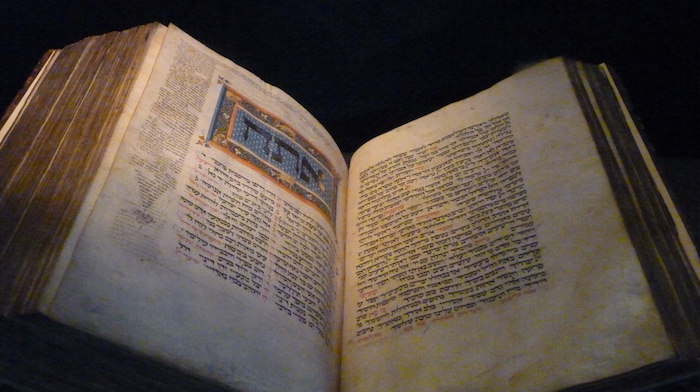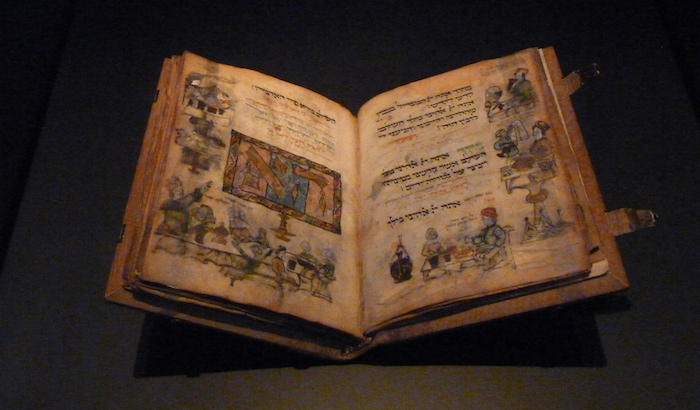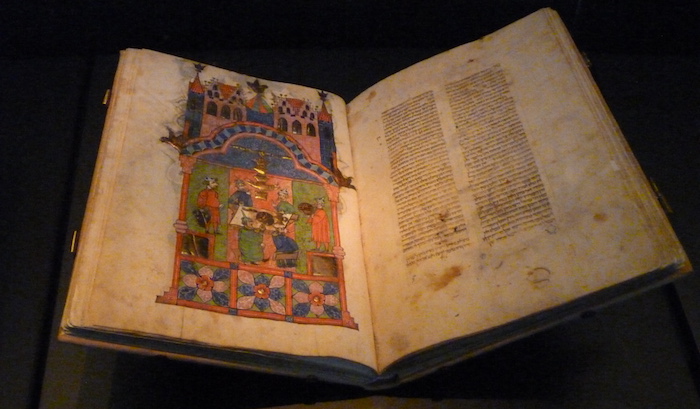The tale of the false Messiah David Alroy (dead circa 1160) is a wondrous one, full of magic and miracles, international politics, and abstruse scholarship. The appearance of a self-styled Chosen One is an amazing plot hook that works in most settings, and Alroy’s story is one of the better ones. Let’s dive in!
This post is brought to you by beloved Patreon backer Colin Wixted. Thanks for helping keep the lights on! If you want to help keep this blog going alongside Colin, head over to the Patreon page – and thank you!

David Alroy was born Menahem Ben Solomon in Amadiya, a province on the western edge of the Khwarezmid Persian Empire. It’s in what is today Iraqi Kurdistan. Amadiya had a large and prosperous Jewish population, of which Menahem/David was a part. Though they were Persian subjects, the Jews of Amadiya owed their allegiance to the Exilarch in Baghdad, the capital of the (Arab and Seljuk Turkish) Abbasid Caliphate. The Abbasids had recently restored the ancient office of the Exilarch, who claimed to rule over all Jews living in the Muslim world, including in both the Abbasid and Khwarezmid empires. The Exilarch indirectly selected Amadiya’s leading rabbis, who exerted considerable political control over Amadiya’s Jews, even though Amadiya was Persian territory and the Exilarch reported to the Abbasid caliph. It was a complicated time!
Menahem/David went to Baghdad to study under the Exilarch and the great Jewish scholars there. He also studied the writings of soothsayers and magicians. Benjamin of Tudela, a Spanish Jewish traveler and our best source for these events, draws a clear distinction between the miraculous workings of God and the magic of witches and wizards, which is a purely natural phenomenon, like a bird’s ability to fly. Menahem was thus a double threat: well-versed in both divine affairs and secular magic.
Upon his return to Amadiya, Menahem changed his name to David Alroy and began preaching that he was the Messiah. He urged his neighbors to rally together to rebel against Persian rule. Once they were free of the Khwarezmids, they’d march west to Jerusalem and retake the city from the occupying Crusaders.
Our source does not suggest, but we may infer, that David’s teacher, the Exilarch, may have played a role in his preaching. The Exilarch was Jewish, but he was also an Abbasid official. Anything that weakened the Khwarezmid Persians was usually good for the Abbasids. Furthermore, the Crusaders had taken Jerusalem from the Abbasid-aligned Seljuk Turks in the first place; rallying the region’s Jews against the Crusaders also served Abbasid interests.

The Khwarezmid emperor soon summoned David, and, according to Benjamin of Tudela, the self-proclaimed Messiah went willingly enough. David declined to renounce his rebellion, and the emperor threw him in prison. Three days later, David appeared in the emperor’s throne room. David proclaimed he had freed himself through secular magic and promptly turned invisible. He went down to the river, placed his shawl upon it, and walked across, leaving his pursuers behind. David returned to Amadiya, making the ten-day journey in a single day “by the strength of the ineffable Name” – a miracle, not magic.
The Khwarezmid emperor turned to international political hardball himself. He wrote a letter to the Exilarch saying, essentially “get David to knock off this Messiah business or I will murder every Jew in Persia”. The Exilarch understandably acquiesced. He had all the best Jewish scholars write letters to David laying out the scriptural and legal arguments for why David wasn’t the Messiah. He even had an astronomer in Mosul write a letter pointing out all the missing astronomical signs that should have been present if there were a genuine Messiah about. But David would not be convinced!
Things rapidly came to a head. David’s father-in-law took Khwarezmid money and assassinated the would-be Messiah. The Persian army marched on Amadiya to kill the rebels, but the Exilarch scraped together a bribe to pay off the Khwarezmid emperor and the army went home. So ended David Alroy’s brief reign.
There’s a coda to this story. According to Al-Samawal al-Maghribi, a sometimes-reliable 12th-century convert from Judaism to Islam, shortly after David Alroy’s death, two confidence men came to Baghdad with forged letters purportedly from Alroy. The letters said that on such-and-such a night, all the Jews of Baghdad would be able to fly on the wings of angels from their rooftops to Jerusalem. Grateful Jews gave up their jewelry to the two imposters, who skipped town before the appointed night. On that evening, those who believed the letters went up onto their roofs. When nothing happened, their neighbors shamed them for their credulity.

In your setting, you could have a figure modeled on David Alroy spring up out of nowhere, claiming to be some sort of Chosen One. If you want to get fancy, you could even lay the groundwork a few sessions earlier by introducing a prophecy that’s popularly believed in your setting. Either way, let your PCs meet the self-proclaimed Chosen One and decide for themselves whether he or she is legit. Then they may oppose or support the Chosen One’s claim as they wish.
David Alory’s story presents several places the PCs might get involved. When your fictional possible Messiah inevitably gets hauled before the King (or whatever), the PCs might help break them out – or help retrieve the ‘Chosen One’ with an ineffable Name of their own. PCs may participate in the international politics of your setting, swaying emperors, caliphs, and Exilarchs one way or another. If something like the Exilarch marshaling relevant scholars could happen in your campaign setting, the PCs might seek out revered, obscure, or semi-mythical astronomers and polymaths studying in distant isolation to support their desired claim. Or they might suppress undesirable scholarship with bribes or by waylaying the other side’s messengers. And, with the final assassination, the PCs might try to protect their Chosen One against it, or carry it out themselves.
–
Sources:
The Itinerary of Benjamin of Tudela
The Messianic Pretender Solomon Ibn al-Ruji and His Son Menahem (The So-Called ‘David Alroy’) by Norman Golb
(I’ll also just throw in at the end that there is some debate whether the false Messiah was David Alroy or his father, Solomon ibn al-Ruji, acting about 50 years earlier.)






